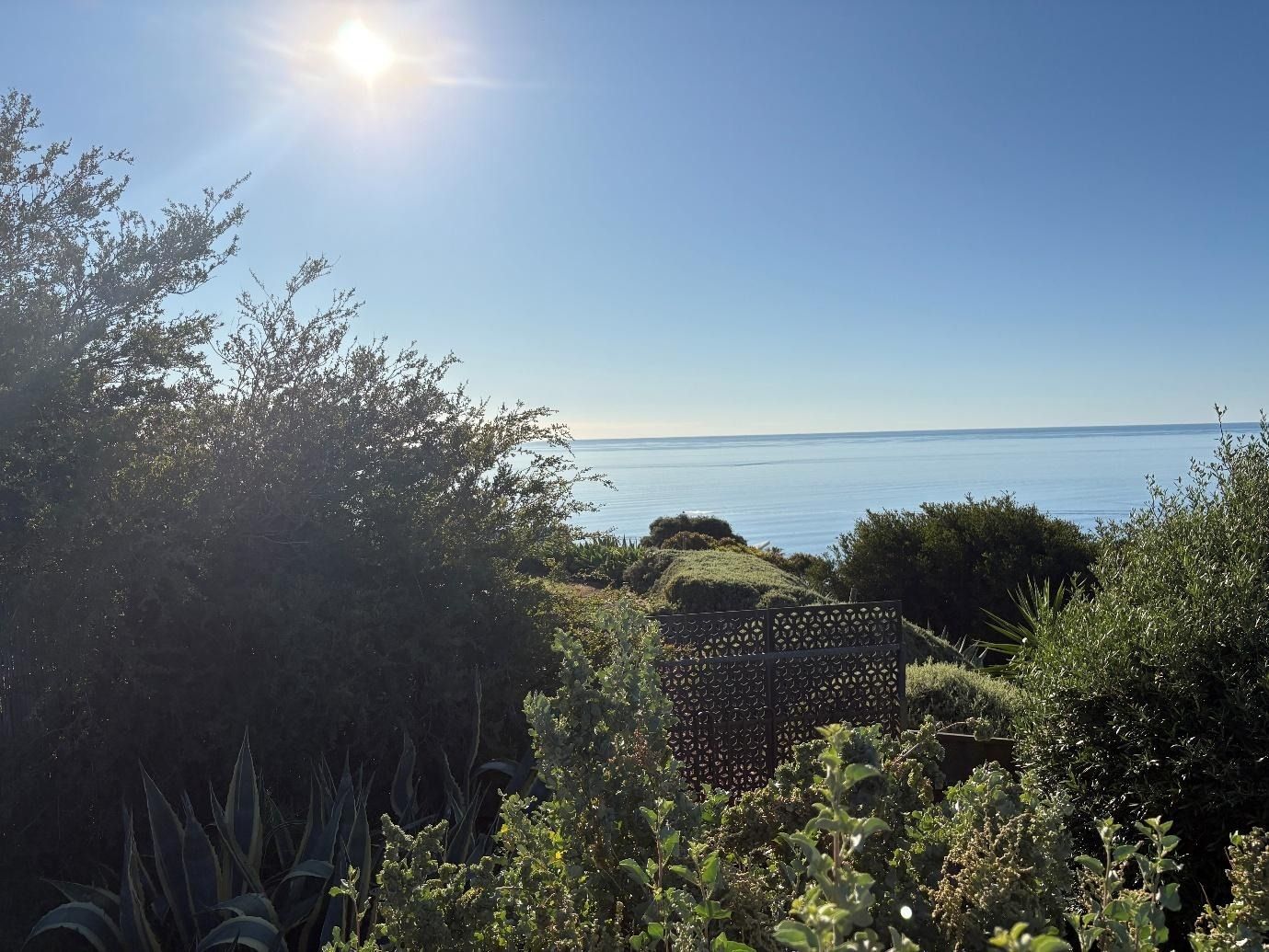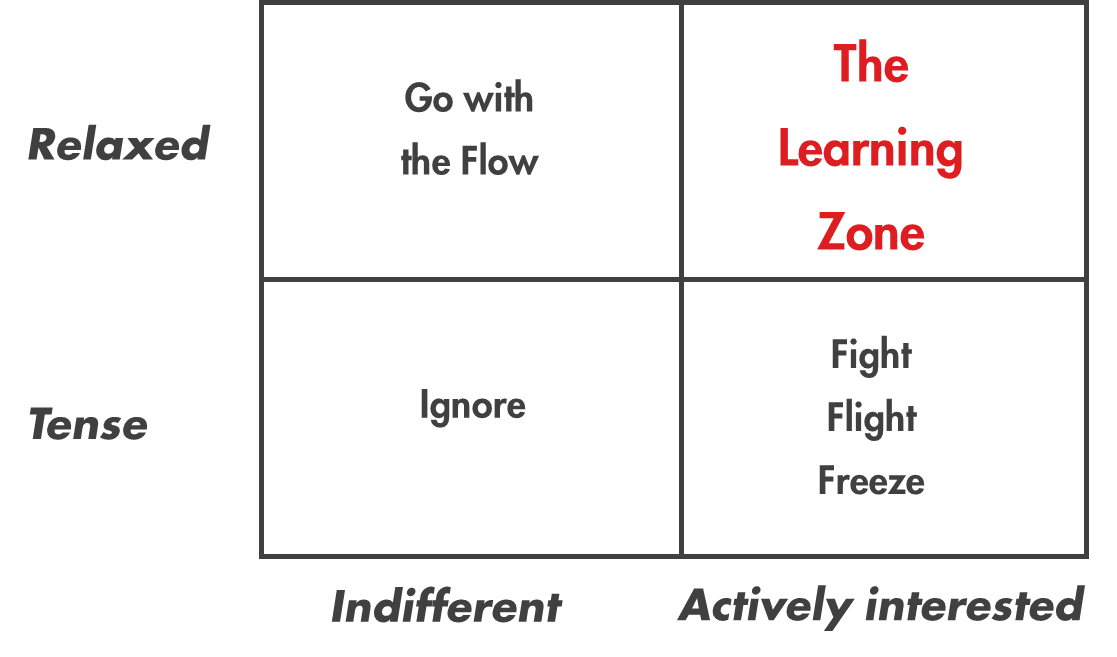- The Dodo Club Newsletter
- Posts
- The Dodo Club (55th Edition)- Some Lessons About Learning Episodes
The Dodo Club (55th Edition)- Some Lessons About Learning Episodes
5 Observations from Developing Learning Opportunities
A note from me:
Hi Folks,
Mary and I have spent the last week in a fog of jet lag, having arrived in Adelaide from The Hague. It was a long trip but went pretty seamlessly, and we were glad to find that the Airbnb we have rented for the next few weeks is comfortable, well-appointed and well-located. But the jet lag is brutal!
So far, the weather has not been what I expected! Recent days have been cold, wet and windy, which was also my experience when I travelled to Canberra for a couple of days to lead the opening session of the Advanced Futures program at the National Security College. We have had a couple of lovely days, however, which enabled us to have a lovely evening outside at the home of a dear friend and her family. Professor Ariella Helfgott has travelled the world, was a member of the team I led in The Hague, and is now again in the home in which she was born, with its fantastic views!

My Bi-weekly Guide:
Some lessons about learning opportunities (and Art)
While in Australia, I am taking the opportunity to immerse myself in art from the First Nations people here, which is vibrant and culturally far from my experience. It often represents stories passed down over generation after generation after generation, with a strong teaching and learning element. In this way, First Nations peoples learn their history and geography, and deep lessons about their identity.
There are also practical lessons, e.g. about family solidarity and young women protecting each other, as expressed in the following visually thrilling painting from the National Gallery of Australia in Canberra, created by the APY people.

The Seven Sisters is an Ancestral story with an underlying teaching element. Seven sisters embarked on a journey while an old man, Wati Nyiru, pursued them. He was determined to marry one of the sisters, but culturally they were incompatible due to familial ties. The sisters constantly evaded the man, protecting one sister while eventually launching themselves into the sky to escape. They transformed into the stars that form the Pleiades, and Wati Nyiru became Orion.
We have touched on the topic of learning in a couple of previous newsletters. We explored The Learning Ethos in Edition 27, and in Edition 4 we explored The Social Craft in scenario work, which is aimed at bringing insights to life in the minds, hearts and actions of others. I believe this is a particularly significant topic because, to quote Arie de Geus (one of my predecessors in leading Shell scenarios), “The ability to learn faster than others may be the only sustainable competitive advantage”.
5 observations from developing learning opportunities:
Leaders say they are open to learn, but they hate to be “taught”:
Every senior leader I have met in the corporate and government world will insist that they are eager to learn. This is almost a mantra instilled in business schools and leadership development programmes. However, my experience is that they often resist any obvious attempts to teach them anything other than technicalities, especially by people in their own organisation. After all, they are demonstrably intelligent, successful and already understand the bigger picture more than others! Also, there is a danger of losing face through appearing ignorant or needy. This is why “the social craft” (Edition 4) is so significant in creating opportunities for leaders to learn for themselves, both individually and collectively.People need to be relaxed and engaged in order to learn:
Several conditions for meaningful learning opportunities are explored in Edition 27, with the two most critical ones being that people are brought into circumstances where they feel relaxed and where they are exploring something of significance to them. If they are stressed or indifferent, then you miss the “learning zone” as illustrated below. Even if you wish to help them on a journey away from what is currently top of mind to them, you need to first meet them where they are and engage them with material they recognise as immediately relevant.
Stress or apparent irrelevance must be avoided or overcome:
If people are stressed – which they often are at work – and they are confronted with circumstances or ideas that don’t immediately appear relevant to their situation, then they will simply ignore or avoid them. They feel they have far more important things to do. You will simply not have the opportunity to help them along the learning journey you wish them to take.Stressed people rarely learn anything new:
Even if people recognise that material they are encountering is significantly relevant to the circumstances they are dealing with or are on their minds, stressed people have difficulty entering a learning zone. With stress hormones like cortisol streaming around your body preparing you to “fight, fly or freeze” it is almost impossible to enter the reflective mode of thinking necessary to learn.Relaxed people will not learn unless actively engaged:
If people can be brought into relaxed circumstances and also brought into a relaxed state of mind, there is an opportunity for them to learn. The mode of consciousness required for this is the reflective appreciation described by behavioural economist Dan Kahneman as “Thinking Slow”. This mode, however, requires more physical and emotional energy than our default mode of “Thinking Fast” so people need to become both relaxed and energised. Otherwise, they easily drift into a restful state and “go with the flow” without learning. As noted above, to energise them, you need to first meet them where they are and engage them with material they recognise as immediately relevant, even if you ultimately wish to help them on a journey away from what is currently top of mind to them.
In summary, to bring new insights to life in the minds of most leaders, you need to create episodes and opportunities for them to learn for themselves. This is possible if you are able to create conditions where they are both relaxed and actively interested in the material they are exploring. As much attention and planning for this will be required as may be necessary for generating the insights themselves in the first place! The relaxed circumstances may well be very informal on occasion, e.g. a conversation over a glass of wine, but, behind the scenes, much effort may have gone into preparing for this as part of a bigger plan to subtly encourage leaders to learn effectively. If you find that people are failing to learn important lessons, it is always useful to step back and consider whether Learning Zone conditions have been created and, if not, how to do this better.
Question of The Fortnight
Every fortnight, I’ll be asking a thought-provoking question in hopes of sparking interesting and enlightening discussion.
I’d love to hear your response! You can do so by simply responding to this email.
Today’s question is:
Do these observations resonate with your experience? What successes and disappointments have you had in helping people to explore and learn important new things?
The Dodo Club Online Course
If you would like to learn more about the kinds of topics covered in these Newsletters, then please consider signing up for the introductory online course.
This covers scenario/systems thinking for grappling with uncertainty, an introduction to energy transitions, and the development of strategic character in leadership.
In the interest of avoiding the fate of that unfortunate bird, the Dodo, this course aims to help us secure our own personal legacies within a changing world and the energy transition - and to leave a healthier planet for future generations.
You can access the course through Udemy using the link below!
A series of follow-up courses that treat the main topics in increasing depth and detail will be provided if there is sufficient interest.